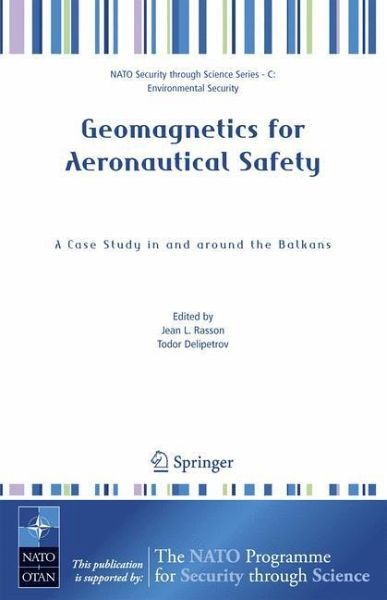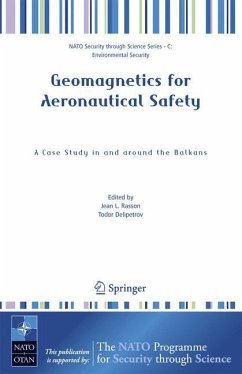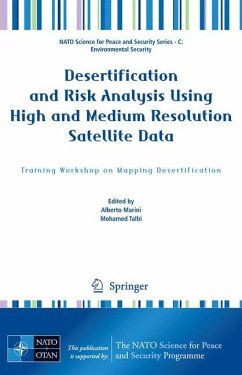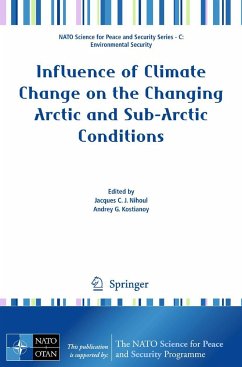
Geomagnetics for Aeronautical Safety
A Case Study in and around the Balkans
Herausgegeben: Rasson, Jean L.; Delipetrov, Todor
Versandkostenfrei!
Versandfertig in 6-10 Tagen
77,99 €
inkl. MwSt.
Weitere Ausgaben:

PAYBACK Punkte
39 °P sammeln!
Flying safely in aircraft implies the use of navigation instruments. Among them, the magnetic compass is still a first choice for orientation and it is compulsory in all aircraft. In our increasingly sophisticated but fragile world of global navigation systems and gyroscopic sensors, the compass is especially useful as a back-up: it is highly reliable and likely to survive in harsh electromagnetic aggressions or when all power supplies fail.This book examines in detail how the science of geomagnetism is able to promote correct use of the magnetic compass for navigation. A selected group of spe...
Flying safely in aircraft implies the use of navigation instruments. Among them, the magnetic compass is still a first choice for orientation and it is compulsory in all aircraft. In our increasingly sophisticated but fragile world of global navigation systems and gyroscopic sensors, the compass is especially useful as a back-up: it is highly reliable and likely to survive in harsh electromagnetic aggressions or when all power supplies fail.
This book examines in detail how the science of geomagnetism is able to promote correct use of the magnetic compass for navigation. A selected group of specialists met in Ohrid, Macedonia to expose their approaches to the question. Using techniques from Geology, Instrument science, Magnetism, Chaos theory and Potential Fields applied to the Balkan region and surroundings, they put together a roadmap to fully tackle the issue of measurement, analysis, mapping and forecasting the magnetic declination in support of aeronautical safety.
This book examines in detail how the science of geomagnetism is able to promote correct use of the magnetic compass for navigation. A selected group of specialists met in Ohrid, Macedonia to expose their approaches to the question. Using techniques from Geology, Instrument science, Magnetism, Chaos theory and Potential Fields applied to the Balkan region and surroundings, they put together a roadmap to fully tackle the issue of measurement, analysis, mapping and forecasting the magnetic declination in support of aeronautical safety.














